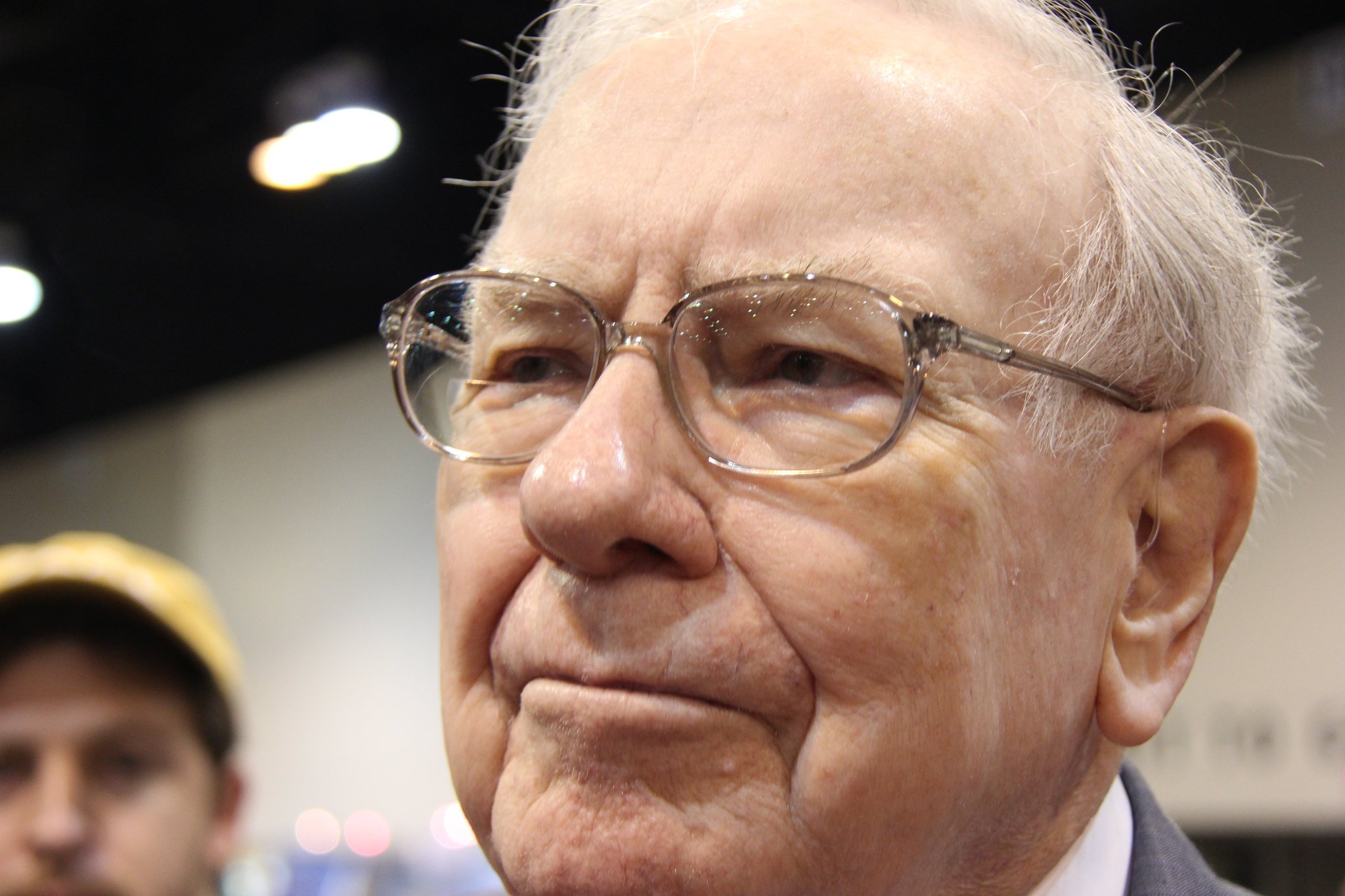If you're in the market to open a new checking account, you'll not only have to decide on which bank to go with, but also on the specific type of account.
A recent report from Moebs Services, a consulting company that tracks trends in the bank industry, can help. It reveals the 10 types of checking accounts that banks most frequently offer.
Here they are, ranked by the percent of financial institutions that offer them:
|
Type of Checking |
Percent of Financial Institutions Offering the Account |
|---|---|
|
Interest checking |
75% |
|
Free checking |
53% |
|
Basic checking |
48% |
|
Senior checking |
41% |
|
Student/youth checking |
21% |
|
Flat fee checking |
14% |
|
Rewards checking |
14% |
|
Electronic checking |
9% |
|
Relationship checking |
8% |
|
Second-chance checking |
6% |
Data source: Moebs Services.
Moebs Services' latest survey of checking accounts throughout the industry covers 3,817 depositories around the country, or roughly half of the nation's banks.
The different accounts are obviously designed for different users. The interest checking is the most standard type of account, and thus its popularity. Following that are free checking accounts, which allow banks to easily advertise and gain more accounts, notes Moebs Services.

Image source: Getty Images.
Interestingly, one of the trends that has taken place in the space since the financial crisis is a drop in free checking accounts. While they continue to be offered by more than half of the depositories Moebs surveyed, that number is down significantly from a decade ago.
According to other research, in fact, the share of banks offering free checking accounts fell from 75% before passage of the Dodd-Frank Act of 2010 down to 37% in 2015, notes Columbia Business School professor Charles Calomiris in his latest book, Reforming Financial Regulation After Dodd-Frank.
Meanwhile, further down Moebs' list are checking accounts with features targeted at specific populations of bank customers. This includes checking accounts for seniors, which tend to be free and sometimes offer a low interest rate, Moebs reports. It also includes checking accounts for young people and students, which often offer rewards for using a debit card and are generally free, electronic-based accounts.
"Financial institutions have consolidated checking account types for over five years," observes Michael Moebs, CEO of Moebs Services. "Yet interest checking will always remain a core transaction account service."





